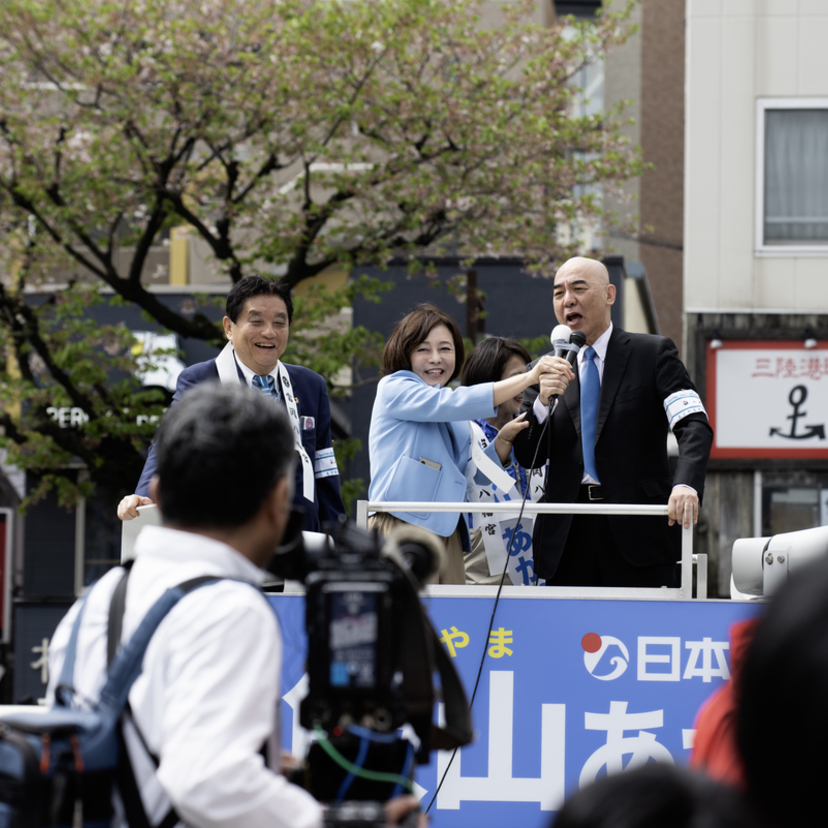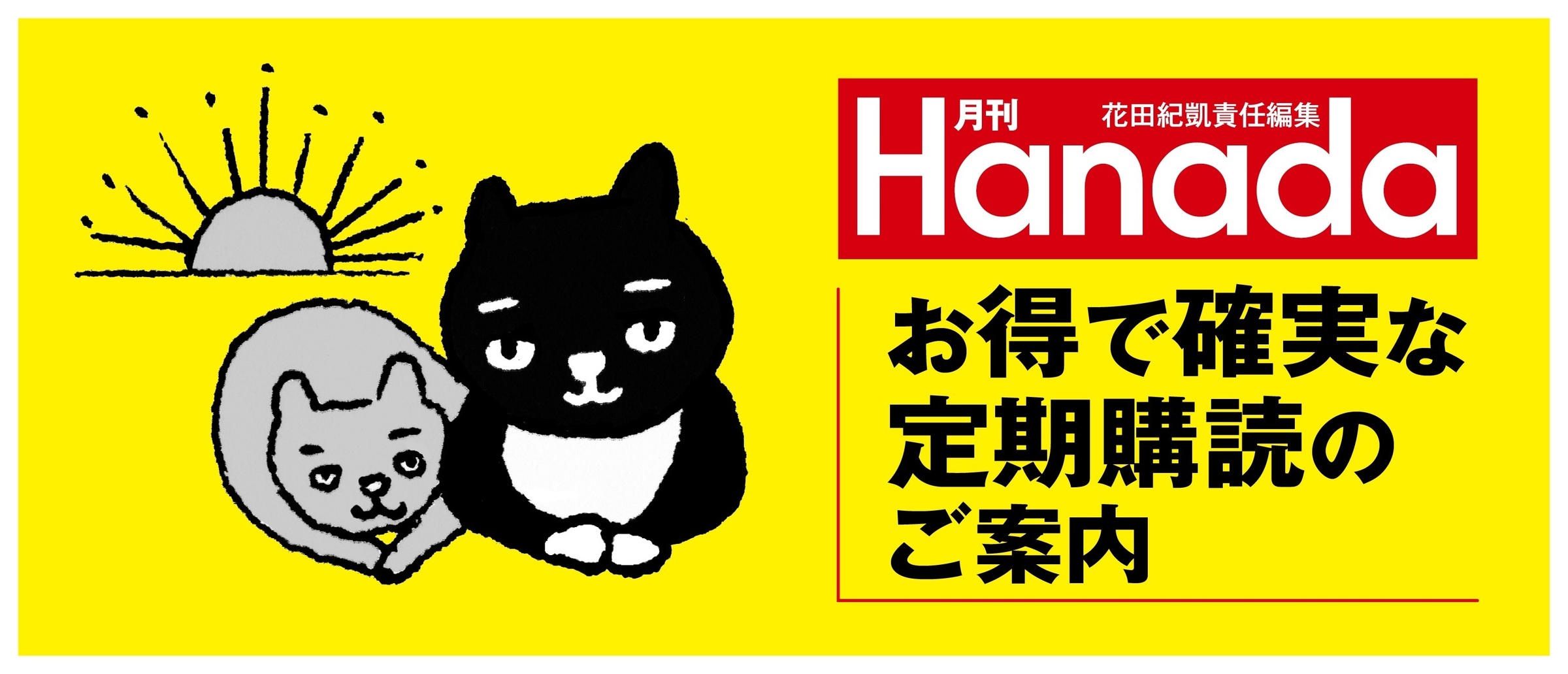Political conservatives in Japan have entered into a season of re-sorting.
For decades after it was formed in 1955, the Liberal Democratic Party (LDP) was the home base for Japanese conservatives. Under the leadership of such men as Tanaka Kakuei, Nakasone Yasuhiro, and Abe Shinzo, the LDP steered postwar Japan down the political high road of anti-communism, protection of key Japanese industries, full integration into the Washington Consensus, generous foreign aid, and broad international coalition-building with like-minded democracies. Conservative politics came to be synonymous with the LDP.
There were bumps along the road, however. The LDP lost its perennial majority in 1993 as part of a reshuffle of opposition parties. The LDP recovered in 1996, but then stumbled again and again. Prime Minister Koizumi Junichiro dismantled and privatized the financial arm of the post office, injecting a heavy dose of neo-liberalism into conservative politics. The LDP lost the prime ministership once more in 2009 in the wake of the Wall Street meltdown and global financial crisis. The man who led the LDP back to victory following that second turn in the political wilderness, Abe Shinzo, was gunned down in the streets of Nara in July 2022.
The loss of Abe was devastating for the LDP. Leaderless and rudderless, the LDP has drifted from scandal to scandal, election defeat to election defeat. Although it retains a slim majority thanks to its Soka Gakkai-affiliated Komeito coalition partner, today’s LDP has earned deep discontent among conservative voters. Abe’s proteges have been embroiled in a money-and-politics scandal for nearly two years now. In 2023, the LDP bowed to American pressure and rammed a highly unpopular LGBT bill through the Diet. Today, the LDP is on the verge of approving separate surnames for married couples, which conservatives argue will further unravel Japan’s social fabric. At the same time, the LDP has failed to make good on long-repeated promises to revise the postwar constitution.
Amid these disappointments, hope for conservatives blossomed in the autumn of 2023 with the announcement of a new political party, the Nihon Hoshuto (Conservative Party of Japan). Headed by political commentator Arimoto Kaori and her talk show sidekick, fiction writer and ebullient online personality Hyakuta Naoki, the Conservative Party of Japan (CPJ) got off to a solid start. In elections held in 2024, it secured one seat in the Diet by direct election and two more seats through the proportional representation system used in Japan. It garnered tens of thousands of members and followers thanks largely to Hyakuta’s crude humor and rapid-fire insults in his many YouTube videos.
But then people in Japan started talking about a series of accusations being made about the CPJ. The source was seemingly credible: Dr. Iiyama Akari, a specialist in Islamic Studies and Middle East affairs who writes for conservative publications in Japan on the Middle East as well as on contemporary Japanese politics. Dr. Iiyama had been a Conservative Party of Japan candidate in a March 2024 lower house by-election, an endeavor, she later revealed, she took on at the insistence of Arimoto Kaori.
Not long after, Dr. Iiyama began making explosive allegations about the CPJ. She accused Hyakuta and Arimoto of insulting Japan, the Japanese people, and Japan's traditional culture, that the party's governance is dictatorial and lacking in transparency, and that no one can criticize them. Dr. Iiyama claims she was excluded as a result and alleges that dog whistles are still being blown against her, while brutal online lynching is being carried out.
The CPJ’s response to Dr. Iiyama’s allegations was far from edifying. Hyakuta and Arimoto spooled off a series of offensive remarks and offered little in the way of substantial refutation to what she has documented. In one notable exchange in November 2024, Hyakuta and Arimoto were discussing measures to combat the declining birthrate. Hyakuta prefaced his remarks by saying that his proposals were "science fiction," but then suggested measures such as involuntary hysterectomies for women over the age of thirty and banning women from attending university. These proposals were critically reported not only in Japan but in more than thirty countries around the world. The two apologized following the public outcry, but the level of CPJ discourse has not notably improved following that nadir.
When criticisms of the CPJ continued–and, as could have been expected, increased following such wildly off-color remarks–the party started filing lawsuits. Against Dr. Iiyama, for instance, and also against a social commentator named Kondo Rinko. Ms. Kondo earned her lawsuit from the CPJ for having outlined during a March 18, 2025, appearance on the online conservative program Daily WiLL that Hyakuta’s antics fit classical theoretical psychological profiles of misbehaving school-age children. Dr. Iiyama was sued by the CPJ and its officials three times in March 2025 alone.
The CPJ and officials are seeking at least ten million yen in damages from her. The CPJ claims, for instance, that Dr. Iiyama’s criticisms that the CPJ has not taken any concrete steps to repeal the LGBT bill constitute defamation. Dr. Iiyama has rebutted these counter-claims in several fora. In any event, the question remains why a political party is suing private citizens. Dr. Iiyama has pointed out that the CPJ is a national political party, and that taxpayers have every right to criticize those like the CPJ that are using tax monies to operate.
Mainstream conservatives in Japan have also largely turned against the CPJ. HANADA, a right-leaning magazine that once pushed the CPJ almost obsessively, is now critical of Hyakuta and Arimoto. So is WiLL, another magazine of a conservative bent (and the organization behind the Daily WiLL episode on which Ms. Kondo appeared). WiLL devoted a substantial portion of the May and June 2025 issues to articles exposing the unattractive underbelly of the CPJ.
Among the leading critics of the CPJ are many former supporters, including journalist and economics expert Hasegawa Yukihiro. (One of the authors of this interview, Morgan, was also an early CPJ supporter.) It would seem that, apart from anonymous netizens engaging in online lynching, support for the CPJ has largely disappeared.
But the matter does not rest there. On April 23, Dr. Iiyama, Ms. Kondo, conservative scholar Fujioka Nobukatsu, and other commentators and attorneys held a press conference at the Nippon Press Center Building in downtown Tokyo. The livestream of the conference ran on Nico Nico, an online channel that shows incoming comments in real time, cascading right-to-left across the screen. As the conference got underway, the comments increased in number and intensified in negativity, thus bolstering Dr. Iiyama’s characterization of her treatment at the hands of Conservative Party of Japan supporters as a “cyber lynching.”
In a press release ahead of the April 23rd meeting, Dr. Iiyama and Ms. Kondo regretted what they saw as the “SLAPP” lawsuits against them and said they “are unable to tolerate the unprecedented barbarism of a national political party abusing its power to undermine freedom of speech.”
We reached out to Dr. Iiyama and Ms. Kondo for comment. “I strongly criticize the Conservative Party of Japan as an unprecedented national political party that avoids dialogue and discussion with its critics,” Dr. Iiyama said. “The party is instead blowing dog whistles at them and filing lawsuits to silence them.” She described the CPJ as “an enemy of free society and a social scourge that stifles freedom of speech,” and stated that she would continue to fight the CPJ to the end.
Ms. Kondo, the conservative pundit, said, “A national political party receives taxpayer monies, and so should consider citizens’ views and reflect those views in policy, seeking to serve the interests of both nation and people and bring both into greater prosperity.”
She believes the Conservative Party of Japan undertook this “utterly uncivilized act, unprecedented in the constitutional history of Japan,” because Dr. Iiyama and she criticized the party and its leaders. “The Constitutional Party of Japan is a national party supported in part by taxpayer funds, so it is entirely reasonable that citizens should be able to criticize the party and offer frank evaluations of its actions,” Ms. Kondo reiterated.
Ms. Kondo also offered a historical and broader legal view of the situation. “Japan is a democratic country,” she emphasized. “Our democratic roots go back to the Seventeen Article Constitution written by Shotoku Taishi and promulgated by Empress Suiko in the seventh century, and, more recently, to the Charter Oath given by Emperor Meiji in 1868,” she said.
The Seventeen Article Constitution emphasizes harmony and openness to a wide variety of views, while the Charter Oath calls for careful consideration of many different opinions.
“Today, citizens’ right to speak out critically of political parties and politicians that we think are mistaken is guaranteed under Article 21 of the constitution, where freedom of speech and expression are enshrined,” she added.
Ms. Kondo said Prime Minister Abe Shinzo endured relentless media defamation over the so-called Mori-Kake-Sakura scandals, responding with calm, measured explanations despite a barrage of insults. “He never sued his critics,” she mentioned, “because he likely understood they were private citizens and deserved protection.”
Fujioka Nobukatsu and a few others concerned about the effect that the CPJ’s actions on Japan’s political discourse have set up the Association for Protecting Victims from Oppression of Free Speech by the Conservative Party of Japan.
Fujioka told us, with emphasis, that “the Conservative Party of Japan’s oppression of discourse is a mass-mobilization campaign from the right. If left unchecked, there is the danger that it could lead to a totalitarian society.
“The movement commands tens of thousands of fanatical followers, ready to launch cyber lynchings at a moment’s notice whenever its leaders send a signal,” he continued. “They’ve already been remarkably effective at silencing criticism of the CPJ. The party may hold only a few seats in the Diet, but the time to act is now. This brand of dangerous totalitarianism must be nipped in the bud before it grows into a monster that can’t be contained.”
We also contacted the Conservative Party of Japan for comments on the April 23rd press conference and on Dr. Iiyama’s and Ms. Kondo’s allegations. As of this writing, we have received no reply.
Mainstream conservative voters in Japan are once again largely politically homeless. Calls by LDP right-wingers such as Takaichi Sanae and Sugita Mio to rebuild the foundering LDP have produced no discernible groundswell of support. Japanese voters are wary of the scandal-ridden LDP and seem to have lost faith in the party to lead the country. Current Prime Minister Ishiba Shigeru’s weakness in the face of President Donald Trump’s tariff barrage has done little to help repair the LDP brand.
Ms. Kondo offers some perspective on the dilemma. “Conservative,” she tells us, has long been taken to mean “conserving traditions, culture, practices, and mores, and passing those on to future generations, as well as ensuring that society is properly ordered.” But she expresses doubt about whether the Conservative Party of Japan is conservative in that sense.
“Do Hyakuta Naoki’s actions contribute to the proper ordering of society?” she asked rhetorically. Taking critics to court without even addressing the substance of their criticisms, Ms. Kondo said, is totalitarian and dictatorial. “It is the polar opposite of conservatism.”

associate professor at Reitaku University in Chiba, Japan.


